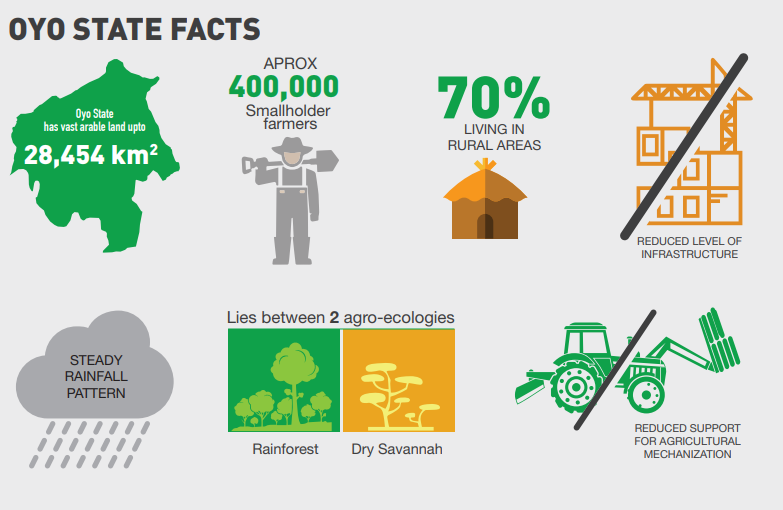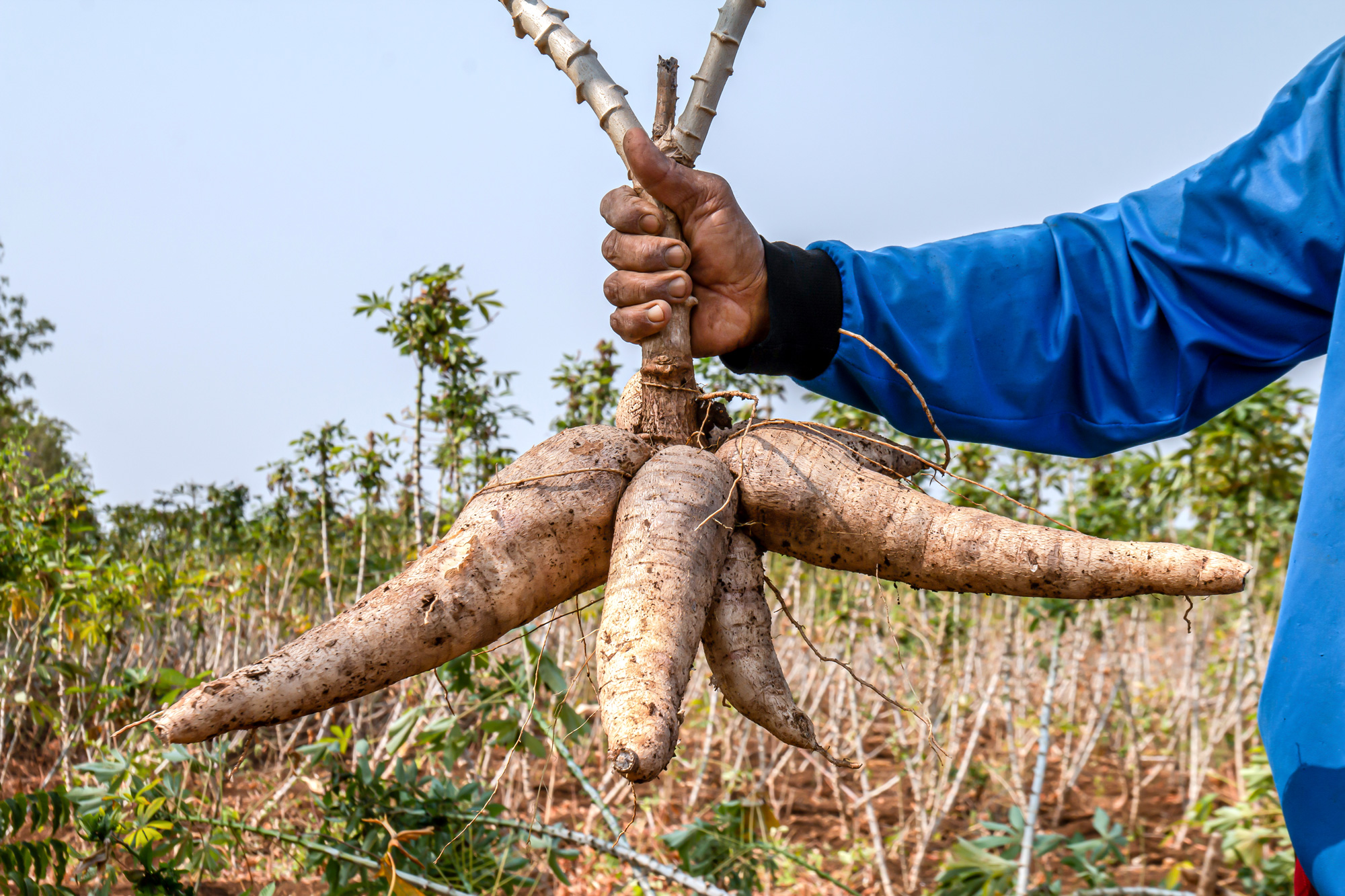Having a plan is good, and executing to the details is another. Most of the states in Nigeria do not generate enough revenue to run itself, and most times depend on Allocations from the Federal Government for sustenance. How can a whole state be weaned from this malaise? By careful planning and determined execution. While the Government has a whole lot of roles to play, the Private sector including you and I, have a role to play. While being patriotic is of essence, making good ROI on Investments is a fantastic proposition to any investor. How can we sit on so much plenty, and complain about poverty? How do we have so much unemployment, yet have the need for more farmers?
In today’s Nigeria, Agriculture plays a significant role in the country’s economic sector. The country has some of the richest natural resources for agricultural production in the world with over 84 million ha of arable land, (only 40% cultivated), a population of about 200 million people, making this Africa’s largest market, 230 billion m3 of water, and abundant and reliable rainfall in over two-thirds of its territory. In 2023 agriculture accounted for 21t% of Gross Domestic Product (GDP). The sector is highly concentrated on crop production, which accounts for 19% of the country’s GDP.
For Oyo State, agriculture holds the key to economic diversification and wealth creation. For instance, Oyo has vast amounts of land (up to 28,454 km2 and is reputed to have about 400,000 smallholder farmers. The rainfall pattern is stable and the State lies between two agro-ecologies, rainforest and derived savanna, that offer the opportunity to grow diverse crops.
Despite its obvious agricultural potential, the state is yet to achieve its huge potential to transform its economy via Agriculture. Enough of the rhetoric, here is a casual case study on observing an opportunity within Oyo State, located in South-Western Nigeria

.Assuming Oyo State has a private organization oer its State Government cultivates a quarter of its vast arable land (just 7,000 square kilometers) via farmer aggregation, and plants Cassava and Maize, can you guess how much this will generate? Here are some quick facts:
- In Nigeria, the average yield of cassava is between 10-15 tonnes per hectare. (Source)
- The current price of a ton of cassava averages between N150,000 to N170,000. (Source)
- 1 squared kilometer is 100 hectares, so 7,000 square kilometers equals 700,000 hectares
Using a conservative approach (lower case yield of 10 tonnes per hectare), cultivating 700,000 hectares will yield 7,000,000 tonnes.
Also, assuming a price of N150,000 per ton, the total revenue on 7,000,000 tonnes is N1,050,000,000,000 (One Trillion Naira)
While it is safe to say that there are many other factors to consider, with the conservative approach used here, it is of note that generating N1 Trillion Naira in an economy of a state like Oyo is far reaching.
PROCESSED TO GARRI
If the 7,000,000 tons were processed to Garri, it will be about 1,750,000 tons of Garri. If sold at the rate of N40,000 per 50kg or N800, 000 per ton (source), it fetches N1,400,000,000,000 (One Trillion, Four Hundred Billion Naira).
EXPORT EARNINGS
If the 7,000,000 tons is converted to flour using a conservative approach of 4 tons of fresh cassava to 1 ton of flour (source), we will have 1.75 million tons of cassava flour. Assuming we use $530 per ton reference, we will generate $927,500,000.
CHALLENGES TO OVERCOME
While it’s easy to analyse outcomes, the main work on the farm can be tedious. However with adequate machinery to do cultivation, planting and harvest, as well as human capital, the above is very realizable. Also, solving the conflicts with herdsmen, can be done via good community engagement, as well as farm rangers that can help in deep security situations.

